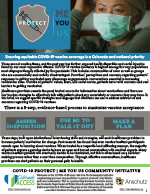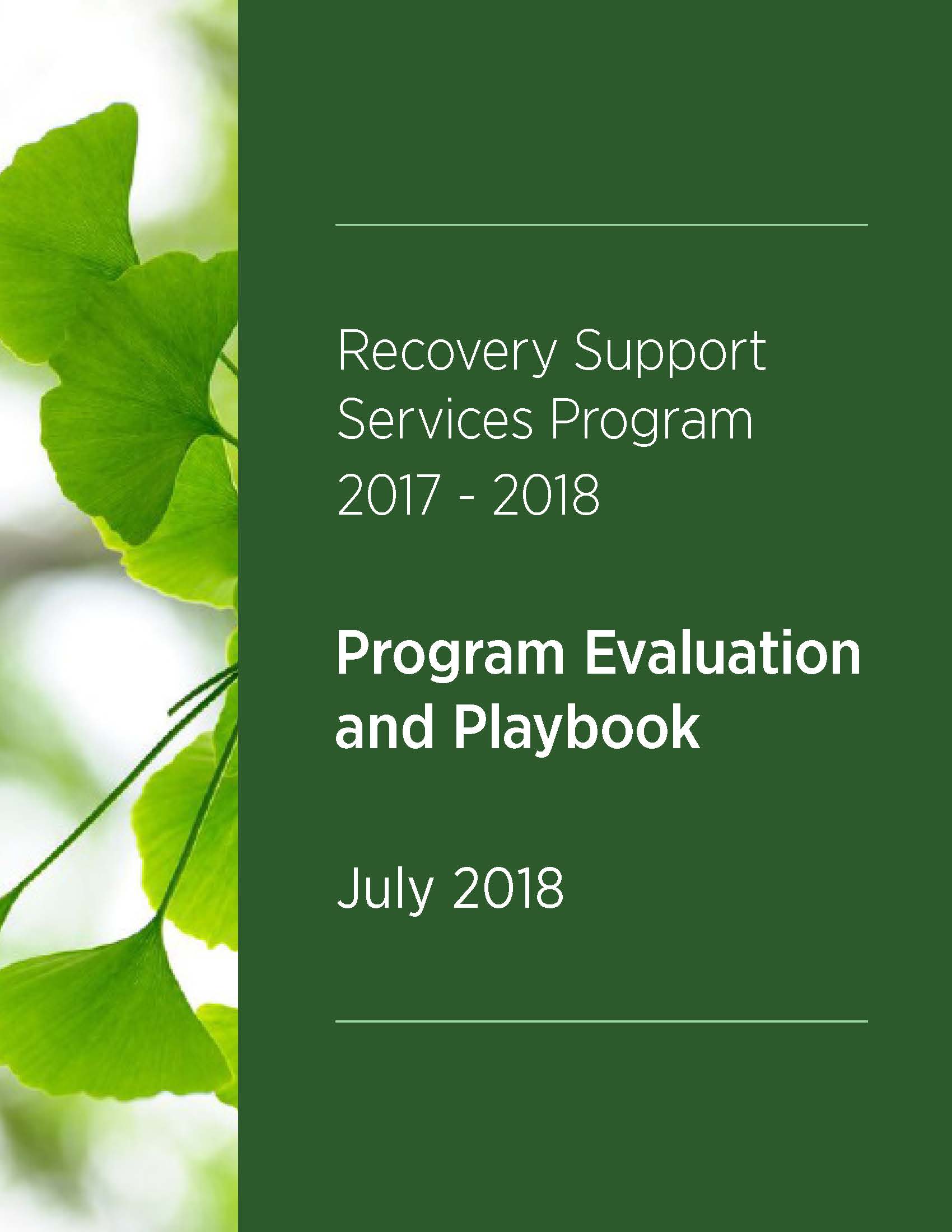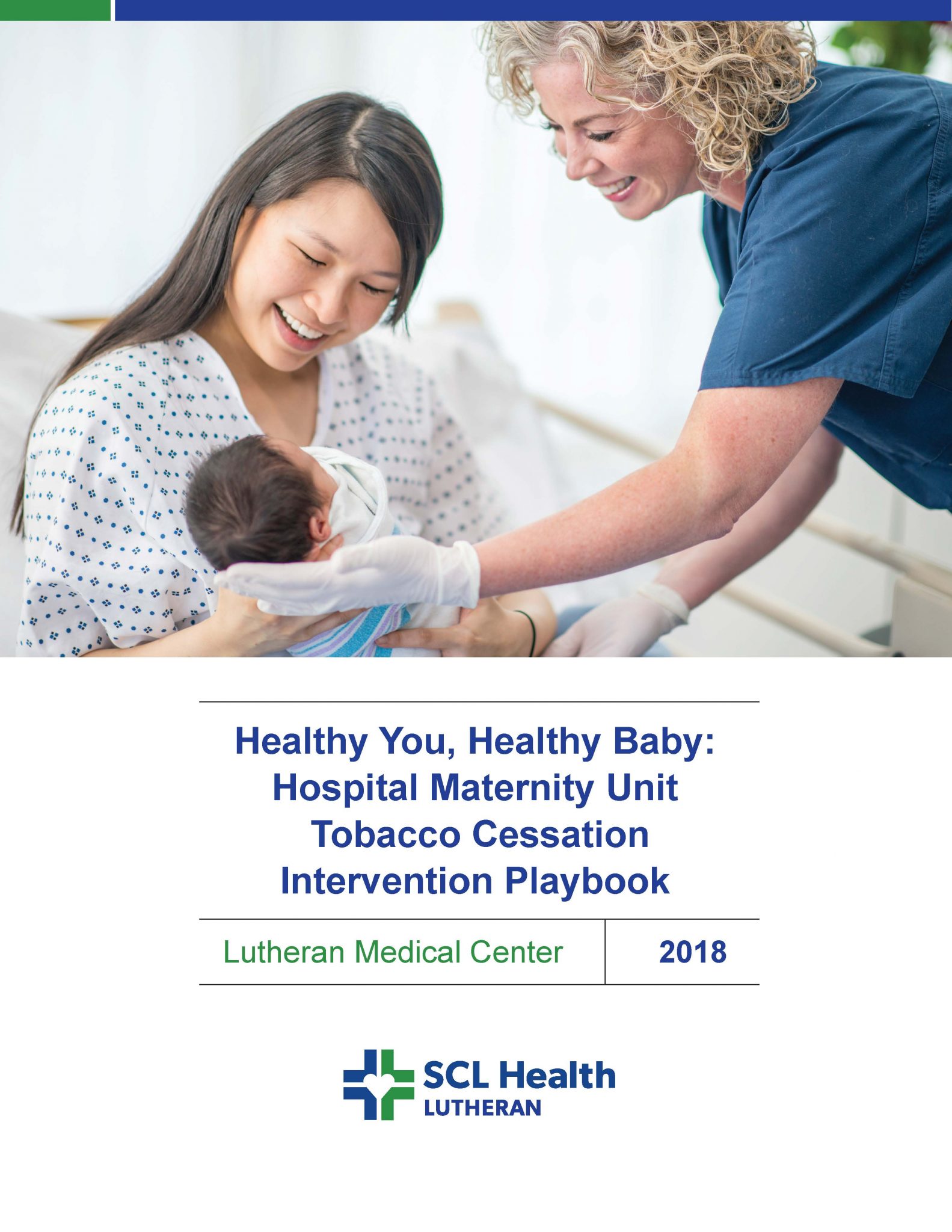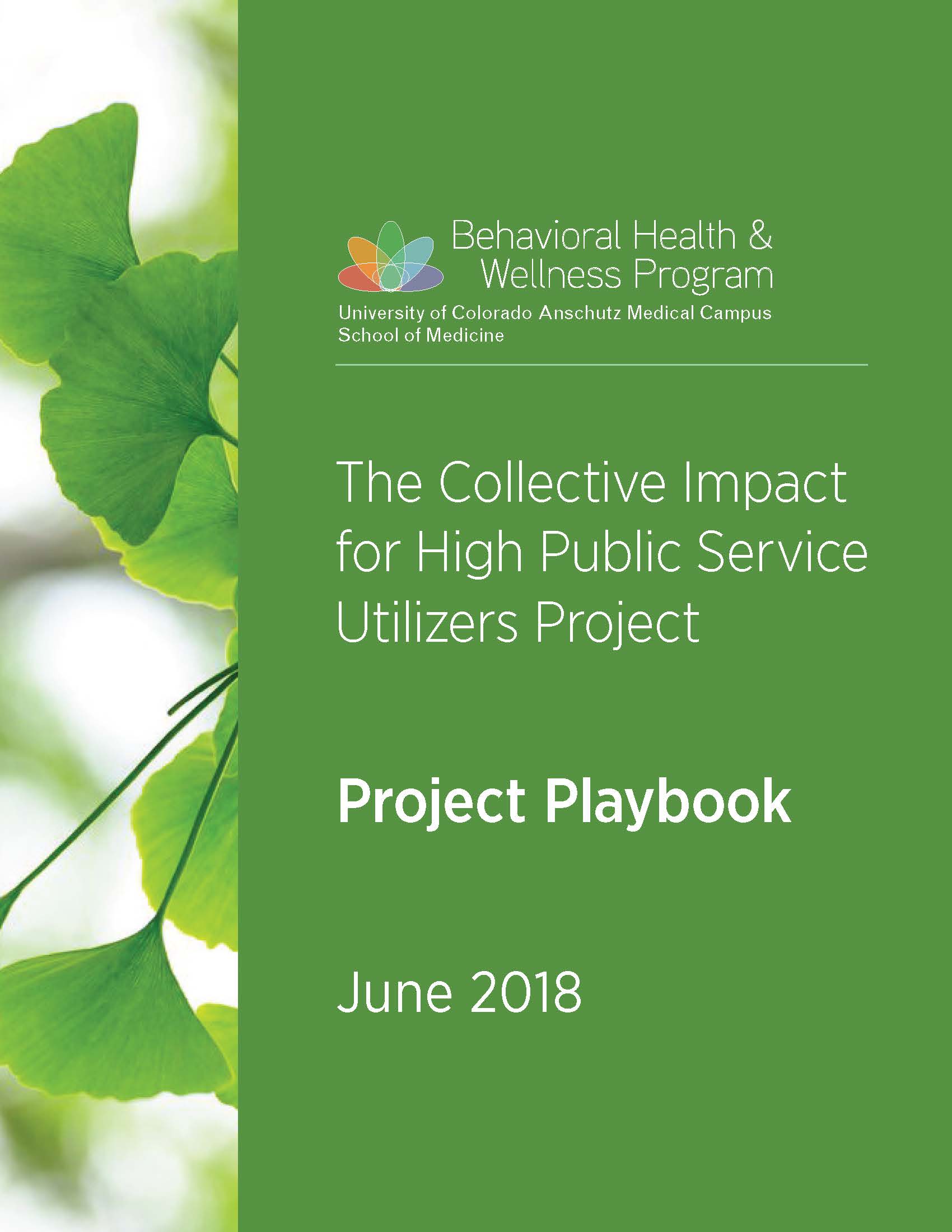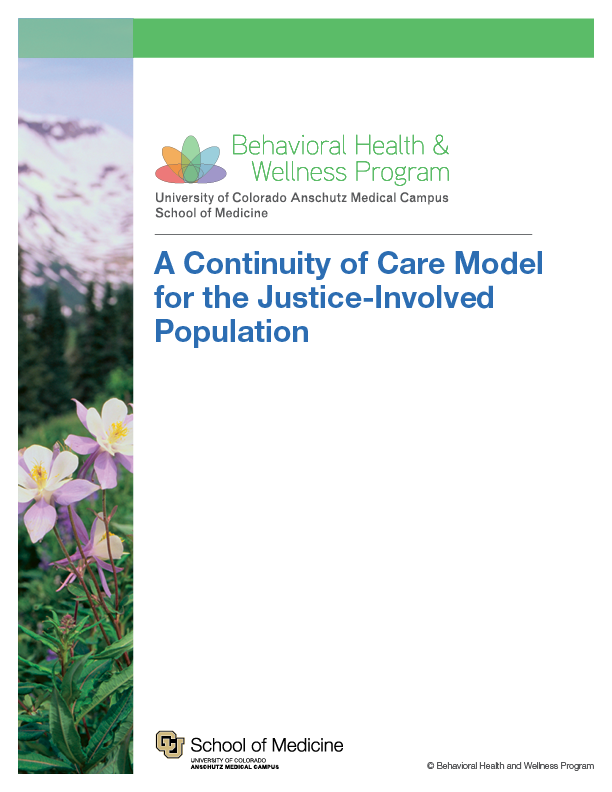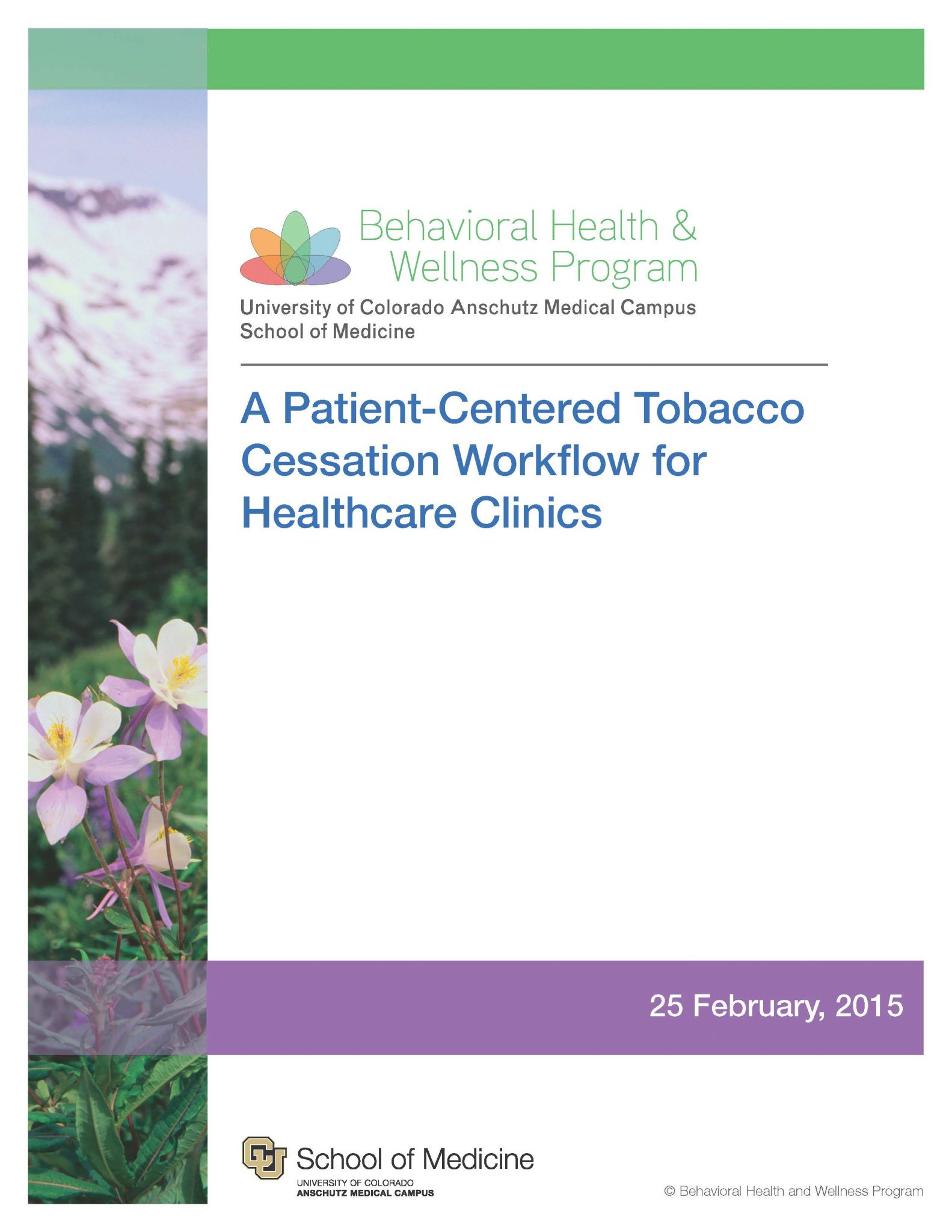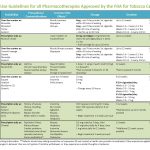Fact Sheets and Reports
An Evaluation of RAISE Families for Health: A Program to Support Intergenerational Health and Wellness
This document details findings from a 3.5-year project, Addressing the Whole Health of Low-SES Families: A Novel Approach to Tobacco Treatment, funded by the Colorado Department of Public Health and Environment. The report covers: 1) Background information and the rationale behind development of the RAISE Families for Health Program, 2) Client-level outcomes of the RAISE demonstration project at Sheridan, a community integrated care clinic and the main site for the RAISE demonstration project, 3) Process evaluation outcomes of the RAISE Program across 3 sites in northern Colorado, 4) Findings related to health systems change efforts at Sheridan Health Services, recommendations and lessons learned for expansion of whole-health programming across other organizations.
Protect | Me You Us brief
This brief describes our 3-step process to maximize COVID-19 vaccine acceptance.
Virtual Group Tips – Let’s Zoom Together
This rack card is a handout you can use to orient participants of virtual DIMENSIONS or RAISE Families for Health group sessions on the Zoom platform. Feel free to use this information as a template for your program or to share with your program participants.
How to Implement a Tobacco-Free Policy Infographic
In partnership with the National Behavioral Health Network for Tobacco & Cancer Control, BHWP created this “executive summary” of our Tobacco-Free Policy Toolkit.
The Recovery Support Services Program: Program Evaluation and Playbook
This program evaluation and playbook provides information and practical guidance for social service professionals and leaders in the field who are considering implementing a recovery support program for priority populations within their communities or organizations. Material included within this publication is designed for use by senior leadership, state and local funders, program managers, clinicians, social service professionals, community health workers, and Peer Support Specialists.
Healthy You, Healthy Baby: Hospital Maternity Unit Tobacco Cessation Intervention Playbook
This playbook provides practical information and guidance for healthcare professionals planning to implement evidence-based interventions and treatment for tobacco cessation within hospital-based delivery units. Material included within this publication is designed for use by hospital administrators and senior leadership, physicians, clinical managers, nurses and nurse practitioners, tobacco cessation champions and professionals, support staff and those working within the field of clinical informatics.
The Collective Impact for High Public Service Utilizers Project: Project Playbook
It is the hope of the Collective Impact for High Public Service Utilizers Project Coalition that other agencies might learn from our experiences, and consider integrating peer-led services into existing services. Through Coalition building, a needs assessment, and pilot services, the Collective Impact Project targeted the unmet needs of individuals at risk for or who already have chronic illnesses. We have successfully demonstrated that peer specialists trained and employed as Peer Navigators are able to help close the healthcare gap for some of the hardest-to-reach individuals. As an innovative initiative, project details and lessons learned will benefit other agencies interested in implementing similar services.
A Continuity of Care Model for the Justice-Involved Population
BHWP’s own white paper calling attention to the unique challenges of the justice-involved population in attaining health equity.
A Patient-Centered Tobacco Cessation Workflow for Healthcare Facilities
A BHWP resource created to provide practical strategies for implementing agency and clinic tobacco cessation services. The workflow outlines needed staffing, as well as their roles and responsibilities.
Clinical Use of Pharmacotherapies for Tobacco Cessation Guidelines
An easy, two-page guideline for all first-line pharmacotherapies approved by the FDA for use for smoking cessation.
Build a Clinic Learning Community: Summary Report and Playbook
The evaluation of BHWP’s learning community and a replication manual for those wishing to execute similar programs of their own.
E-cigarette Facts and Recommendations – April 2014
Offers recommendations concerning the safety of e-cigarettes and the pros and cons of using these devices for tobacco cessation.
Increasing Low Income Callers’ Access to and Utilization of the Colorado QuitLine
An extensive report evaluating the barriers to utilization of telephonic tobacco cessation services for low-income callers. Includes an in-depth look at the Colorado QuitLine as well as recommendations to increase use of this service.
Smoking Cessation Therapies Benefit Substance Use Disorder Clients
Infographic supporting smoking cessation therapy during treatment for substance use.
Tobacco Prevention and Cessation for Youth with Mental Illnesses and Substance Abuse Disorders (2008)
A BHWP report focused on the tobacco cessation needs of youth with mental illnesses and substance abuse disorders, including adolescents (13-17 years old) and young adults (ages 18-25 years old). This report informs the development of effective tobacco control interventions for youth served by the public mental health and substance abuse systems.

